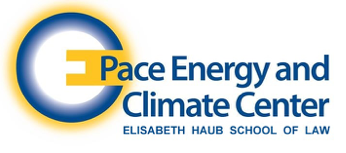Zero Net Gas: A Framework for Managing Gas Demand Reduction as a Pathway to Decarbonizing the Buildings Sector
States:
National,
Resource Type:
Report
Adoption Year:
UNKNOWN
Abstract:
To meet Paris Agreement greenhouse gas reduction targets, gas distribution utilities and the buildings they serve—residential, small commercial, and large commercial and industrial buildings—must fully decarbonize. This paper proposes a Zero Net Gas demand reduction framework to achieve decarbonization of the buildings sector.
The Zero Net Gas Framework is a policy and regulatory pathway to start reversing gas dependence in buildings, towards deep decarbonization. The ZNG strategy posits that gas consumption must be capped in the near-term—and incrementally reduced where possible—by pairing new gas demand with reductions in existing inefficient gas use through demand-side measures, such as energy efficiency, heat pumps and renewabl...
Read more
